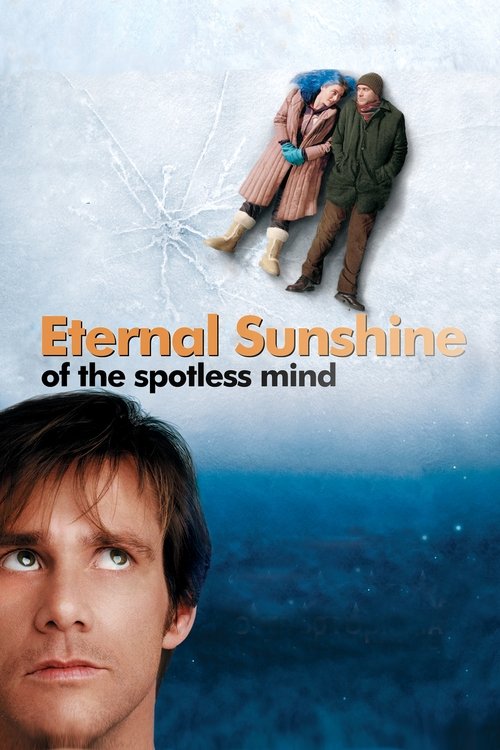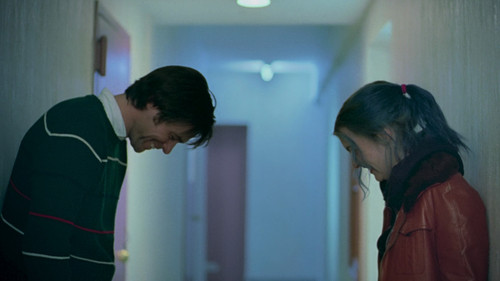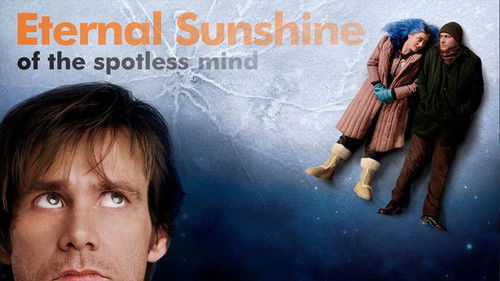
AshenArcanist
N/A
|
Apr 06, 2025
_Eternal Sunshine of the Spotless Mind_, that darling of indie cinema and perennial staple of dorm-room philosophizing, is an object lesson in the dangers of confusing gimmickry with profundity; the cinematic equivalent of a hipster mustache – all style, no substance. Its premise – a pair of lovers, post-breakup, undergo a medical procedure to erase all memory of one another – might, in capable hands, have led to a trenchant commentary on memory, loss, and the human condition. But under Michel Gondry’s muddled direction and Charlie Kaufman’s ever-useless pen (and seemingly empty skull), the film devolves into a cinematic hall of mirrors: reflexive, affected, and – most damning of all – insufferably pleased with itself. It is the kind of film that mistakes its own incoherence for emotional depth, and its own disjointed narrative for intellectual sophistication; a muddle mess about as profound as a fortune cookie.
To speak plainly, the plot is not merely nonlinear; it is lazily elliptical, allergic to clarity, and padded with scenes so weighed down with pseudo-meaningful gestures that one might suspect a deliberate attempt to obfuscate the absence of actual substance. It’s like trying to navigate a maze designed by someone who’s never heard of straight lines. One floats through Joel’s (Jim Carrey) collapsing memories not with a sense of tragic poignancy, but with the vague irritation of being stuck in someone else's dream – a dream notable mostly for how tedious it is. The much-lauded surreal imagery – disappearing faces, flickering lights, collapsing sets – functions less as metaphor and more as distraction, a magician’s hand waving furiously while the other produces nothing of significance. One has to wonder if this film was intended for research into the schizophrenic mind; disjointed and choppy like someone who says a lot without ever expressing anything resembling a coherent thought.
Then there is Mr. Carrey himself, who gives what might charitably be called the most listless performance of his career. Known for his seemingly limitless energy and brash charm, he here attempts to have a quiet subtlety that reads, unfortunately, as blankness. His character, Joel, is not a man in the throes of existential despair or repressed longing, but a man simply bored with both himself and the film he occupies. The emotional range he displays spans from catatonically miserable to slightly less catatonically miserable. Watching Carrey fumble through this role is like watching a candle attempt to impersonate the sun. One longs for the overly expressive attorney of _Liar Liar_ – at least there, the emotion was believable.
Ultimately, this film exemplifies a particular strain of artistic pretension: the belief that melancholy plus montage equals meaning. Its sentimental nihilism – love is doomed, memory is unreliable, nothing matters but let's cry about it anyway – is presented not with wit or irony, but with a dreary sincerity that borders on the laughable. What is touted as a meditation on the value of pain and the necessity of memory is, in fact, an exercise in narrative self-indulgence and emotional cowardice. One leaves not enlightened or moved, but merely relieved that it’s over. The spotless mind, indeed – though not in the way the filmmakers intended.






















